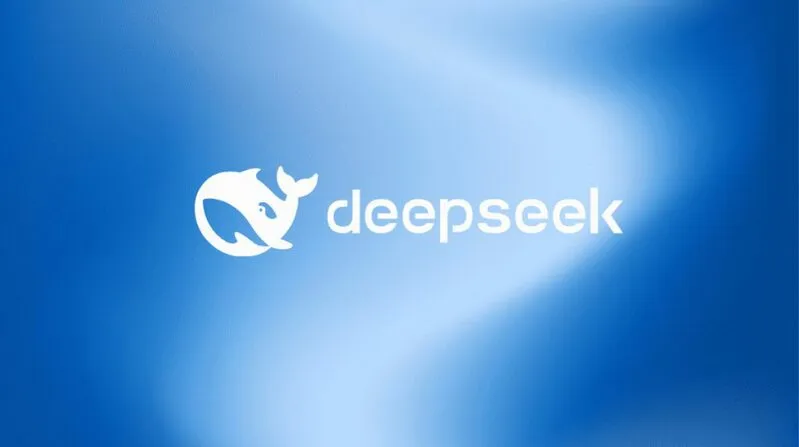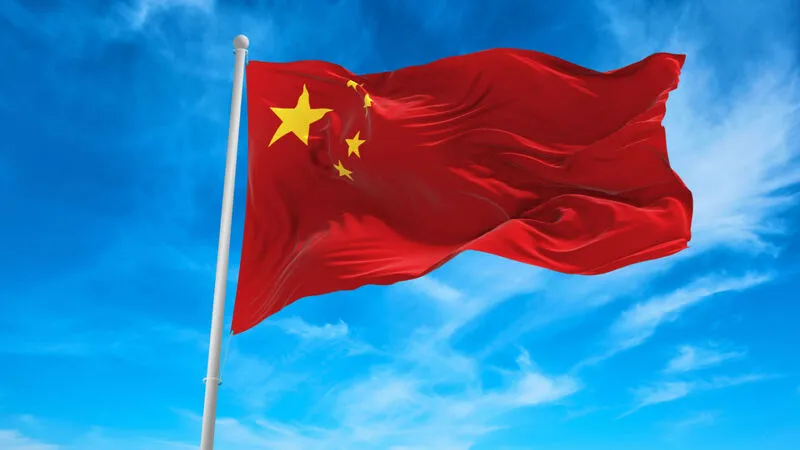China’s free-to-use AI models like DeepSeek, Alibaba, and others are gaining traction worldwide and becoming global standards. The development has given a jolt to American companies and policymakers who fear China’s growth in the artificial intelligence sector could eclipse the US. The Communist country heralded DeepSeek and its R1 reasoning model, becoming the talk of the town. The model was ChatGPT on steroids, and began trending on social media, attracting a bigger base of users.
AI companies in the US are now feeling the heat as pressure is growing through intense competition. The US, which led the path of technological innovation, is being elbowed by China’s AI models becoming the global standard. American firms enjoyed a technological monopoly for decades with Microsoft’s operating systems, Google’s search engine, Apple’s iPhone, and the Android systems. However, in the AI sector, the US is unable to monopolize despite boasting of top talent in Silicon Valley.
Also Read: Morgan Stanley Calls Nvidia (NVDA) Underowned: Invest Now?
How Are China’s AI Models Competing With the US & Becoming a Global Standard?

China is promoting open-source code AI models to stay dominant in the AI sector, aiming to be the global standard. “Fearing being cut off from American technologies, China is fostering open-source projects as a strategic fallback and emergency resource,” said Lian Jye Su, Analyst at research firm Omdia, to the Wall Street Journal. The key to China’s success is allowing open-source AI models to gain a strong foothold in the markets.
Also Read: Thailand Allows Tourists To Convert Their Cryptocurrency to Baht
Open-source AI models gain more users due to their adaptability, as they offer customization to the end user. It also fosters collaboration and innovation, leading to a community of like-minded users to model it for specific needs. Moreover, after China started the open-source AI models, ChatGPT was forced to release its first open-source code, gpt-oss, to compete with Chinese companies. Chinese firms are now forcing US multinational corporations to tow the line in the competition.






